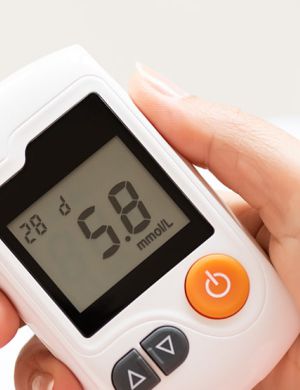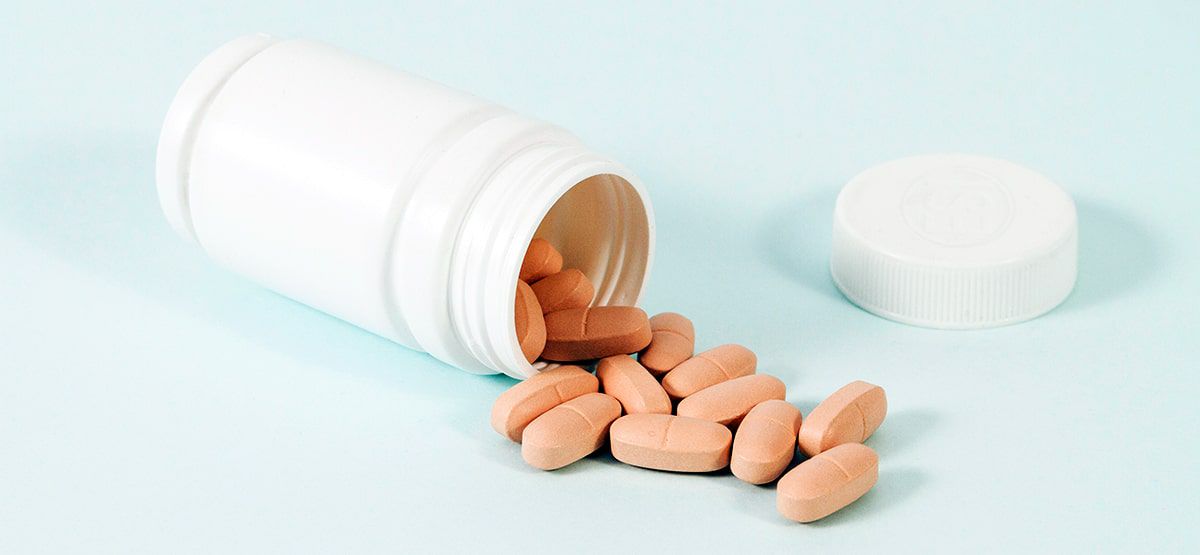
Brazil – General Provisions for Stability Studies of Active Pharmaceuticals and Medicines
ANVISA published the Resolution RDC 318/2019, which details about the criteria for carrying out stability studies of active pharmaceutical ingredients (IFAs), and of new, innovative, generic, similar, streamlined, specific drugs, with simplified notification, herbal and radiopharmaceuticals.
The General Provisions Include:
- The Stability Studies of medicines and IFAs to be marketed in Brazil must be carried out whenever specific normative acts that provide for registration or post-registration changes require them, and according to the parameters defined in RDC 318/2019.
- For imported products and stored in bulk, additional studies must be carried out to guarantee the maintenance of the quality of the product until the Primary Packaging stage.
- For petitions for regularization of IFA, registration of a drug with a new IFA in the country, long-term stability studies must be submitted at the time of the protocol, with results of at least 12 months, accompanied by Accelerated Stability Studies completed.
- For petitions for registration of drugs with IFA already registered in the country, for post-registration of medication, as well as for registration of new concentrations and new pharmaceutical forms of IFA already existing in Brazil, and for changes post-regularization of IFA, Long-term Stability Studies in progress should be presented at the time of the protocol, with results of at least 6 months, accompanied by completed Accelerated Stability Studies.
- The completed Accelerated Stability Study must be submitted even if the Long Term Stability Study is finalized.
- The protocols and stability reports and the raw data must be made available whenever requested by the competent health authority.
- If there is a result out of specification in a Stability Study, it is the responsibility of the holder of the drug registration to carry out the necessary investigations to identify the root cause of the results.
° If the investigation referred to in the caput of this article is inconclusive or concludes that the result was not due to an analytical error, the responsible company must send notification to ANVISA, also informing the measures it has taken to mitigate the health risk.
° The notification referred to in §1 ° is not necessary when the study refers to a product with a registration not yet filed, or a condition related to the post-registration change not yet filed.
- Models by Grouping and Matrix may be accepted as a Reduced Stability Study.
- The data from the Stability Study in a reduced model must be evaluated according to the same models and techniques used for the data of a complete study model.
- When any of the requirements of this Resolution is not applicable, its non-compliance must be accompanied by technical justification and data to support its absence.
Storage conditions and conditions for carrying out long term stability study, accompanying and accelerated for IFA
| Storage Condition | Long-Term or Follow-up Study* | Accelerated Stability Study* |
| -25 ° C to -15 ° C | -20 ° C ± 5 ° C | There is not |
| Cooling (2-8 ° C) | 5 ± 3 ° C | 25 ° C ± 2 ° C / 60% RH ± 5% RH or30 ° C ± 2 ° C / 75% RH ± 5% RH or30 ° C ± 2 ° C / 65% RH ± 5% RH |
| Controlled ambient temperature (between 15 ° C and 25 ° C) | 25 ° C ± 2 ° C / 60% RH ± 5% RH | 40 ° C ± 2 ° C / 75% RH ± 5% RH |
| Ambient temperature (between 15 ° C and 30 ° C) – protect from moisture | 30 ° C ± 2 ° C / 70% RH ± 5% RH30 ° C ± 2 ° C / 65% RH ± 5% RH | 40 ° C ± 2 ° C / 75% RH ± 5% RH |
| Ambient temperature (between 15 ° C and 30 ° C) | 30 ° C ± 2 ° C / 75% RH ± 5% RH | 40 ° C ± 2 ° C / 75% RH ± 5% RH |
Accompanying and accelerated for IFA
* The temperatures and relative humidity for carrying out the studies are exactly those described in this table. The described variations are expected and tolerated due to openings in the climatic chambers.
Storage conditions and conditions for carrying out long term stability study and monitoring study for medicines
| Storage Condition | Long-Term or Follow-up Study* | Accelerated Stability Study* |
| -25 ° C to -15 ° C | -20 ° C ± 5 ° C | There is not |
| Cooling (2-8 ° C) | 5 ± 3 ° C | 25 ° C ± 2 ° C / 60% RH ± 5% RH or30 ° C ± 2 ° C / 75% RH ± 5% RH or30 ° C ± 2 ° C / 65% RH ± 5% RH |
| Ambient temperature (between 15 ° C and 30 ° C) – water based products | 30 ° C ± 2 ° C / 35% RH ± 5% RH | 40 ° C ± 2 ° C / 25% RH ± 5% RH |
| Ambient temperature (between 15 ° C and 30 ° C) – other products | 30 ° C ± 2 ° C / 75% RH ± 5% RH | 40 ° C ± 2 ° C / 75% RH ± 5% RH |
* The temperatures and relative humidity for carrying out the studies are exactly those described in this table. The described variations are expected and tolerated due to openings in the climatic chambers.
Don’t miss out! Click here to stay in touch.
Categories
- Biopharma (47)
- Consumer Health (15)
- Cosmetics (8)
- Diagnostics (5)
- Digital Health (8)
- Food (2)
- Medical Device (100)
- OTC (3)
- Regulatory Intelligence (5)
- Standards (41)
Recent Blogs
Get the latest updates from Vistaar

CONNECT WITH US

Let's talk about how DDi can help you






